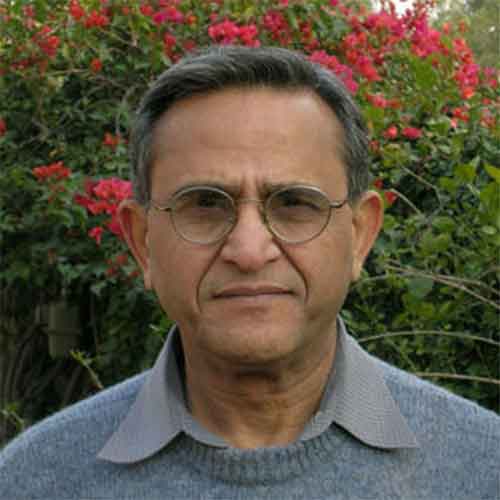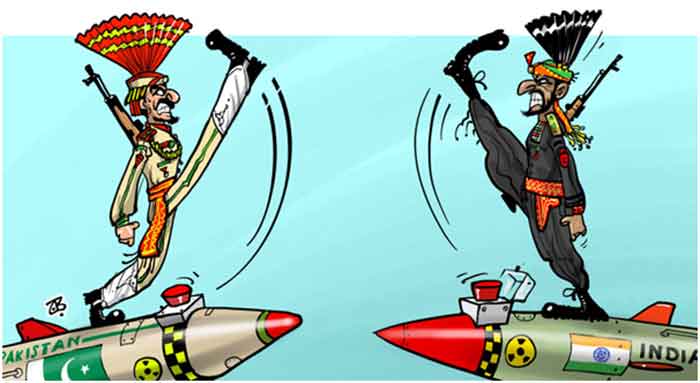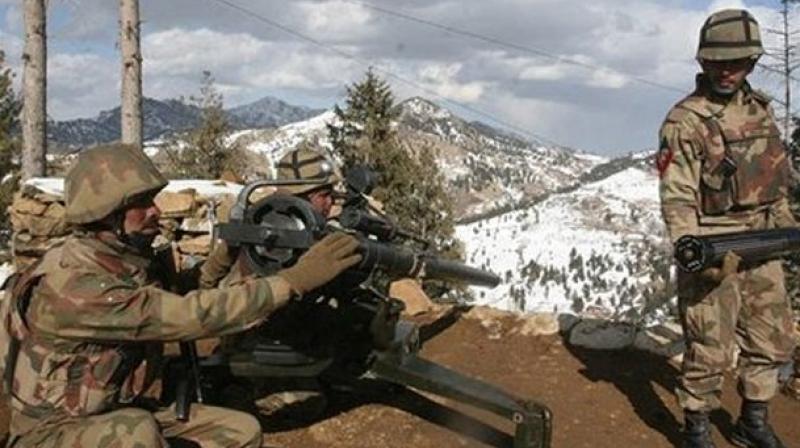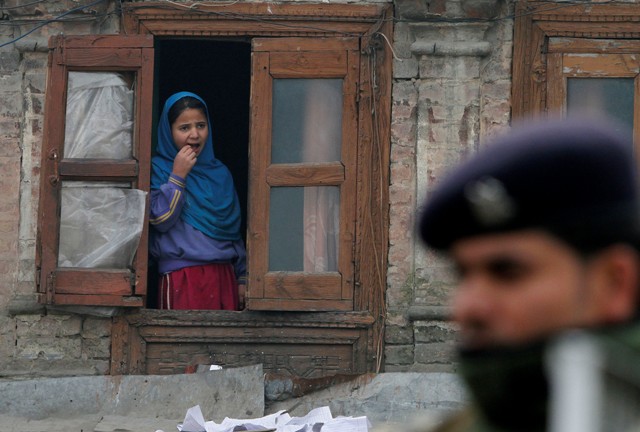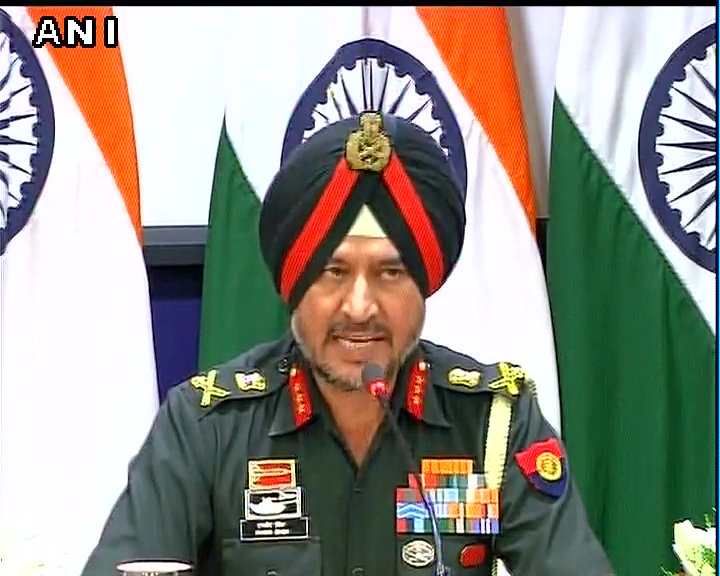
Responding to nationalist clamouring for retaliatory strike against Pakistan in response to attack on Uri army camp on September 18th, Indian Army conducted surgical strikes across the LoC on Wednesday night, the DGMO said on Thursday in a press briefing.
“Significant casualties have been caused in these strikes,” DGMO Lt General Ranbir Singh said adding, “the operation has now ended.” Seven terror launch pads were targeted across the LoC by special forces of the Indian Army during the ‘surgical strike’. There were no Indian casualties during the strikes.
The new developments have put the South Asian region where over 200 nuclear weapons are on battle ready mode on tenterhooks.
The Punjab government has ordered the evacuation of villages in a 10-km belt along the border with Pakistan following the surgical strikes. This following a directive from the Union home ministry. Local authorities were using loudspeakers to announce to residents in the border villages to leave their homes and villages and move to safer zones. The authorities have ordered the closure of schools and other institutions in the border belt. Punjab’s border districts include Amritsar, Gurdaspur, Tarn Taran, Ferozepur, Faridkot, Abohar and Fazilka. Punjab shares a 553-km border with Pakistan.
Soon after the announcement of the surgical strike Home minister Rajnath Singh informed chief ministers Mamata Banerjee, Naveen Patnaik, Parkash Singh Badal and Naveen Patnaik about the surgical strikes. Singh also spoke to former Prime Minister HD Deve Gowda, Congress leader Ghulam Nabi Azad, CPM’s Sitaram Yechury and informed them about the military action on terror launch pads, official sources said.
The Border Security Force (BSF) cancelled the ‘Retreat’ ceremony at the Attari-Wagah border. The BSF and district authorities have asked visitors and tourists not to move towards Attari for the ceremony on Thursday. It is not clear when the ceremony will resume. The Retreat ceremony is carried out by border guards of India and Pakistan, the BSF and Pakistan Rangers, at the Attari-Wagah JCP at sunset every evening. The 30-minute ceremony is watched by hundreds from both countries daily.
The Pakistani side announced on Thursday morning – before the Indian DGMO’s press conference – that two of its soldiers had been killed and nine injured in cross-LoC firing by the Indian side in the early hours of the day. The Pakistani military spokesman subsequently released a statement denying there had been any Indian cross-border raids and that the Indians were claiming artillery fire as “surgical strikes”.
Pakistan’s Prime Minister Nawaz Sharif called the federal cabinet meeting on Friday to discuss the growing tensions between India and Pakistan. Officials from the Interior and Defense ministries will brief the Prime Minister over national security, an official statement from the Prime Minister’s House stated.
The Pakistan Air Force meanwhile said on Thursday it is vigilant at all times and ready to combat any external aggression. The spokesperson said India’s claim that it was a “surgical strike” is based on a “fabricated lie”. The PAF will protect Pakistan’s air limits at any cost, the spokesperson said.
Four terrorists had stormed an Army camp in Uri on September 18 and killed 18 soldiers.
The armies of India and Pakistan had exchanged heavy mortar and gunfire along the Line of Control (LoC) in Poonch region of Jammu and Kashmir yesterday evening.

